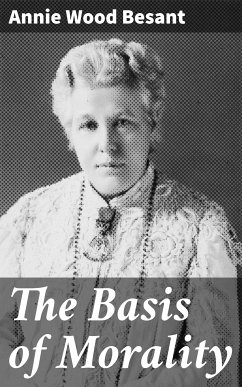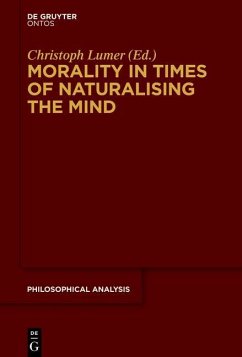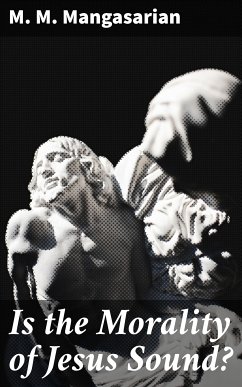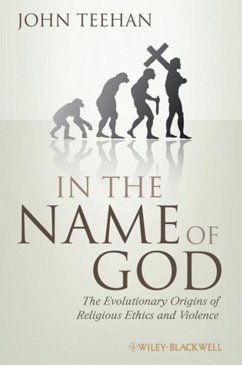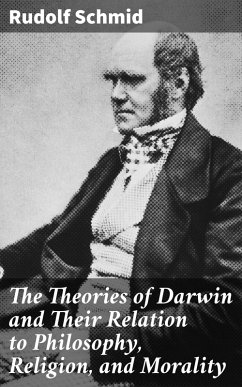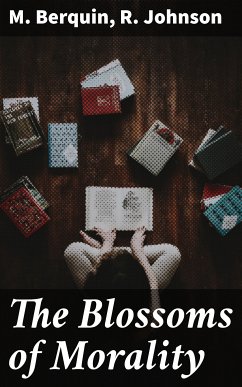
Morality and the Construction of Religion in Anne Rice's "Vampire Chronicles" (eBook, ePUB)

PAYBACK Punkte
0 °P sammeln!
One of the reasons why the Vampire has undergone extreme changes can easily be found: The perspective has changed. Whereas in former times Dracula was presented as a deathly threat to anyone who encountered him, Anne Rice gave the vampire a platform to expose his own perception of (after-)life. Having done that, the reader is now confronted with different questions. Instead of asking "How can this thing be killed most effectively?", we feel for Louis when he tortures himself with the fear of being damned. In this thesis, first of all the question if a vampire can still be read as a person will...
One of the reasons why the Vampire has undergone extreme changes can easily be found: The perspective has changed. Whereas in former times Dracula was presented as a deathly threat to anyone who encountered him, Anne Rice gave the vampire a platform to expose his own perception of (after-)life. Having done that, the reader is now confronted with different questions. Instead of asking "How can this thing be killed most effectively?", we feel for Louis when he tortures himself with the fear of being damned. In this thesis, first of all the question if a vampire can still be read as a person will be considered. Since moral rules are generally applicable to living persons only, this question is immensely important in order to find out if Rice's protagonists are morally obliged to live according to legal laws.
Dieser Download kann aus rechtlichen Gründen nur mit Rechnungsadresse in A, B, BG, CY, CZ, D, DK, EW, E, FIN, F, GR, H, IRL, I, LT, L, LR, M, NL, PL, P, R, S, SLO, SK ausgeliefert werden.




